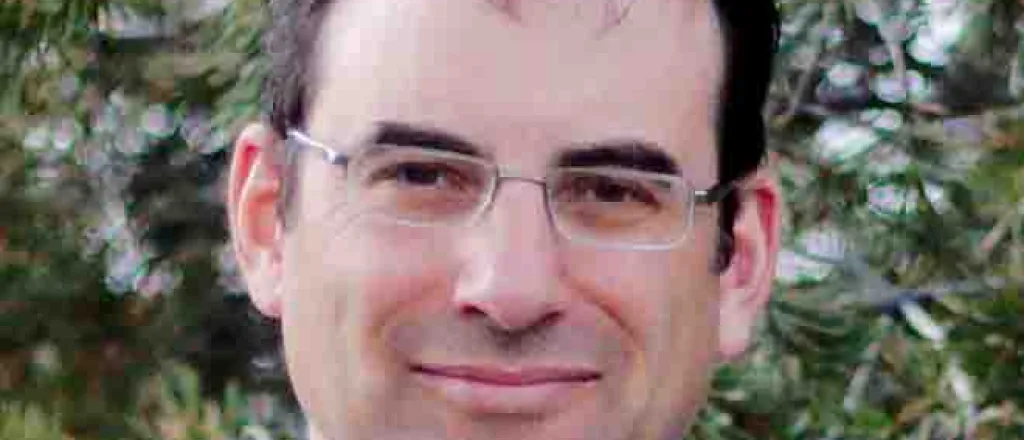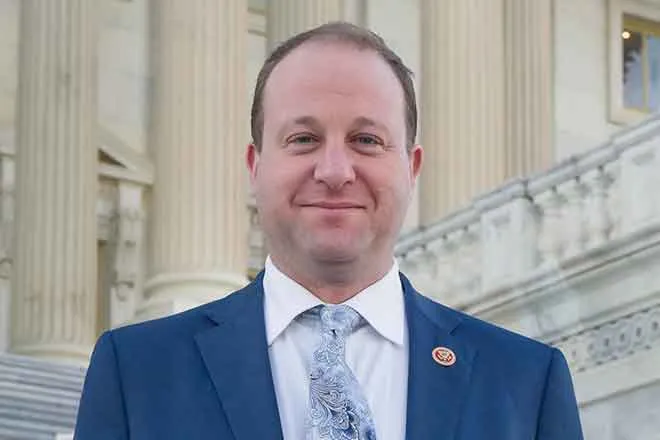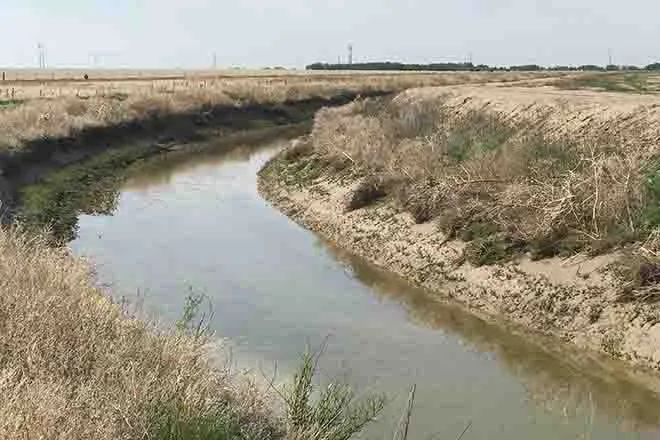
Colorado AG warns voters to watch for election-related AI ‘deepfakes’
(Colorado Newsline) Colorado Attorney General Phil Weiser Monday warned Colorado voters to be wary of election misinformation and disinformation created by artificial intelligence.
The Colorado Legislature passed a law this year that requires political candidates to clearly label advertisements that feature content generated by AI. That includes fake voices, videos and images created by a computer to look or sound like an individual, which are known as deepfakes. The law is focused on identifying AI-generated political content, rather than controlling its distribution.

© Khanchit Khirisutchalual - iStock-1515913422
Weiser, a Democrat, issued a public advisory with information to help voters distinguish content made with AI from real content and to educate Coloradans on the requirements of the new law. The advisory encourages consumers to check if a political communication includes disclosure of a deepfake and verify through a trusted source whether any communication includes a deepfake. It also warns that “bad actors” will attempt to influence public opinion through methods not covered by the law.
“Because images, videos, and audio created with artificial intelligence are becoming difficult to distinguish from the real thing, you should be cautious when forming opinions based on what you see and hear online, on TV, and receive in the mail,” Weiser said in a statement. “The sad reality is that even AI-powered tools designed to detect these deepfakes have difficulty catching them. I encourage voters to do your research, get your news and information from trusted sources, and be mindful that the sophistication of AI means you can’t always believe what you see and hear anymore.”
The law’s requirements apply to political communication within 60 days of a primary election or 90 days of a general election. Both state and federal candidates are subject to the new law.
Voters have to file a complaint reporting an improperly disclosed deepfake to the secretary of state’s office, and it would then go to an administrative hearing similar to those held for campaign finance complaints.
Weiser’s office has not yet received any complaints related to the new law’s requirements, nor has the secretary of state’s office.
Colorado Newsline is part of States Newsroom, a nonprofit news network supported by grants and a coalition of donors as a 501c(3) public charity. Colorado Newsline maintains editorial independence. Contact Editor Quentin Young for questions: info@coloradonewsline.com. Follow Colorado Newsline on Facebook and X.

















